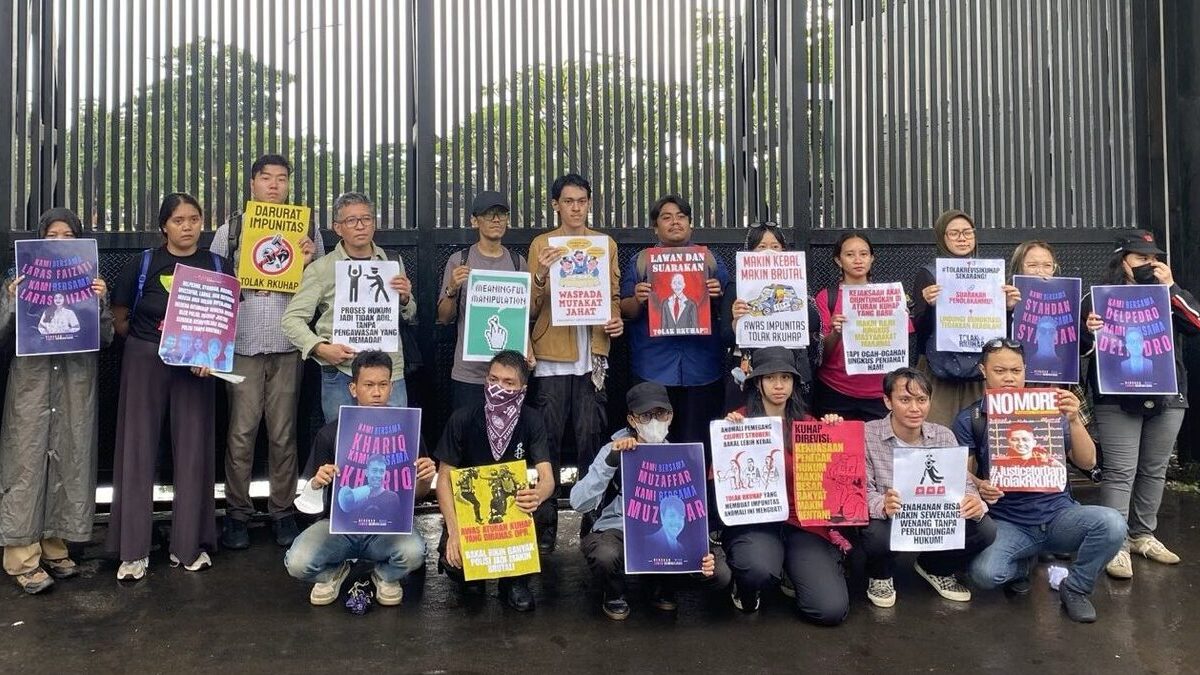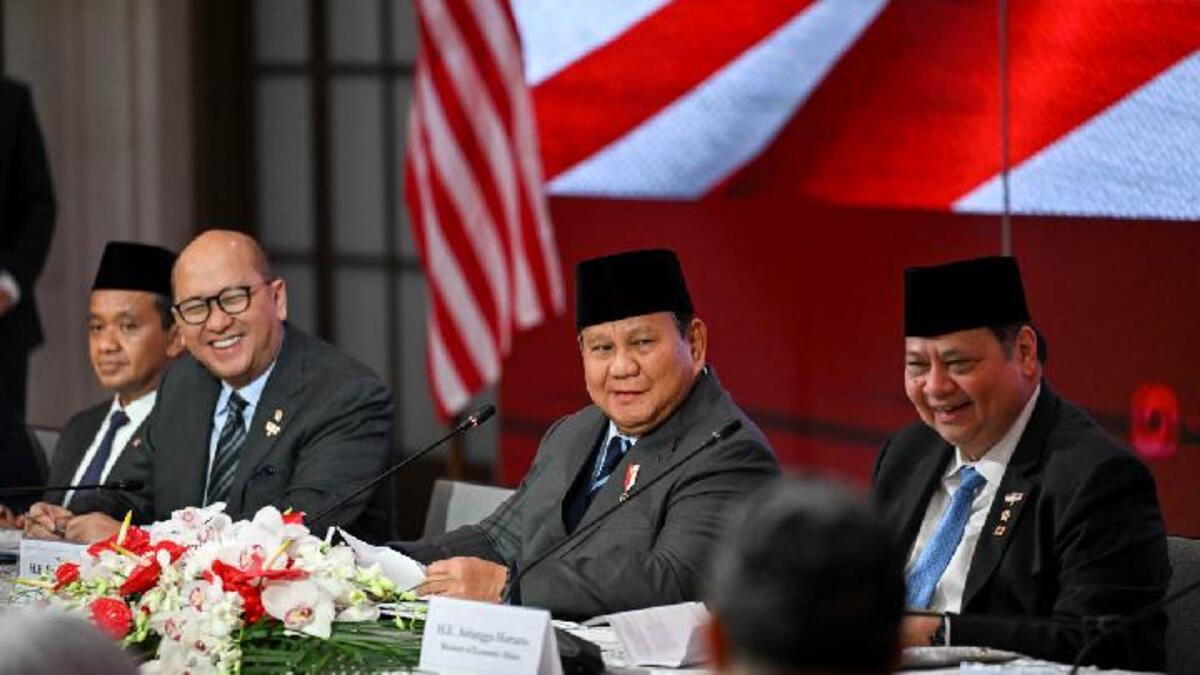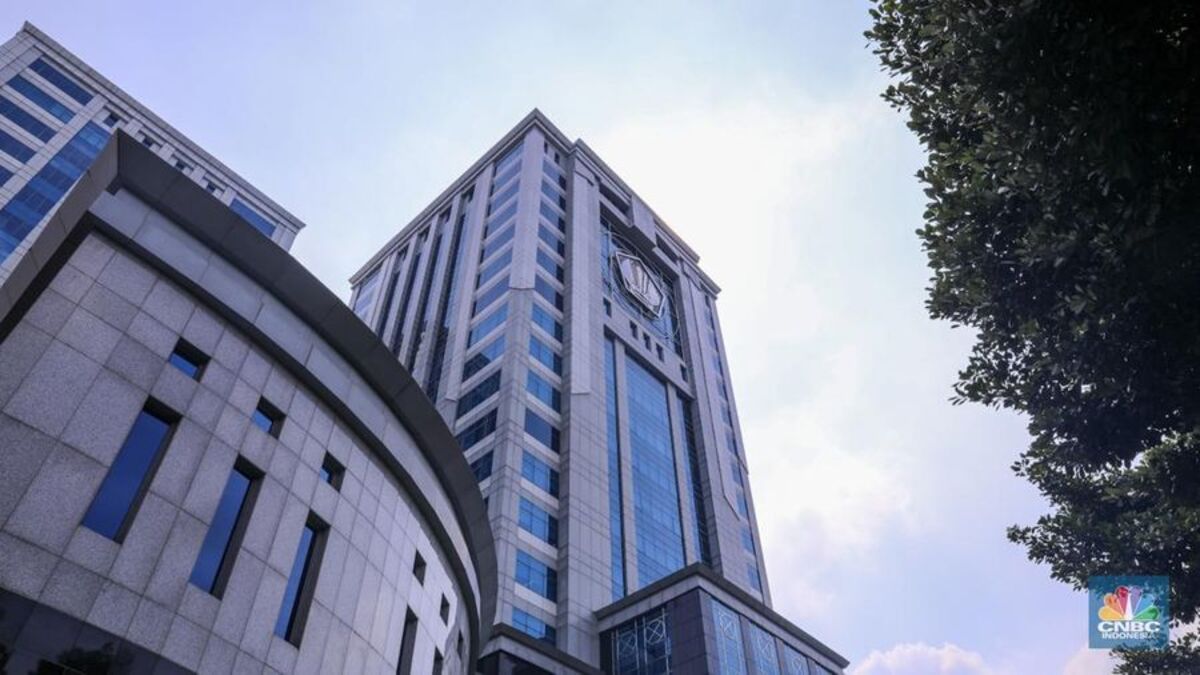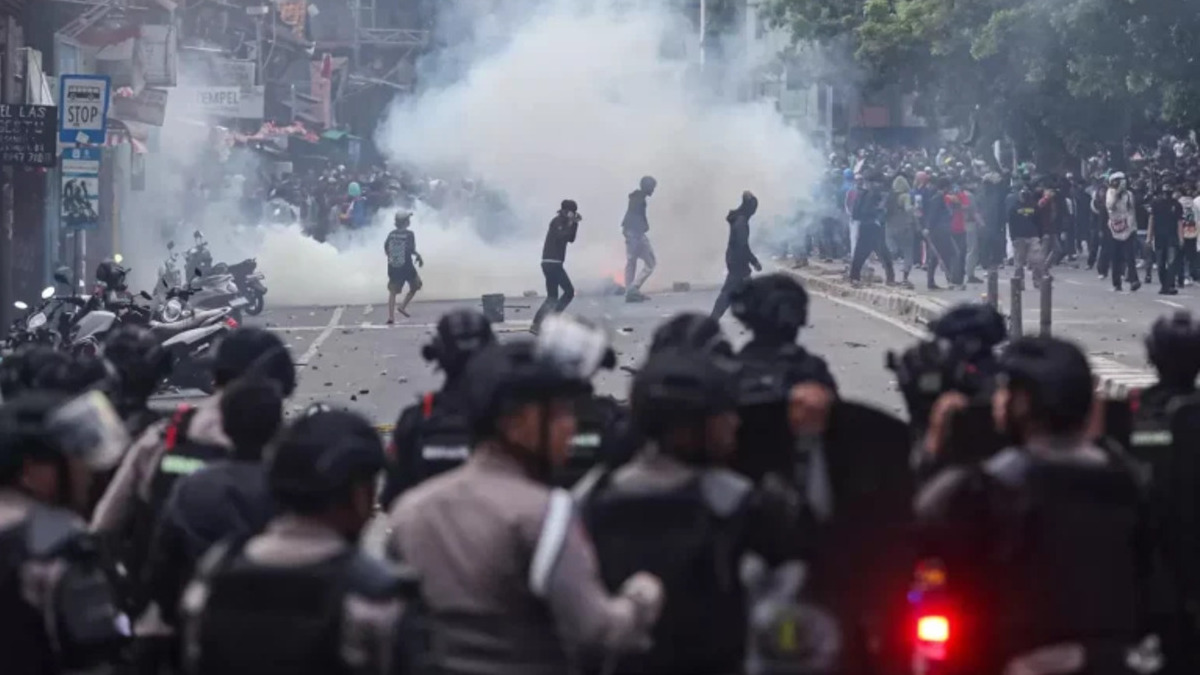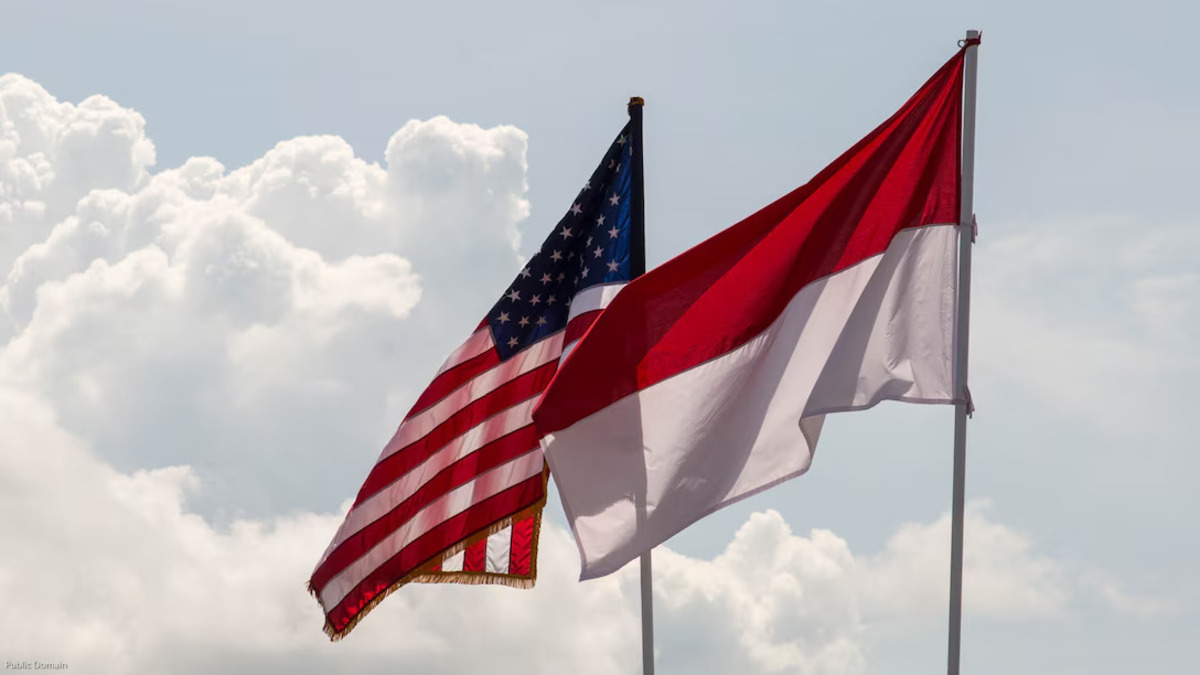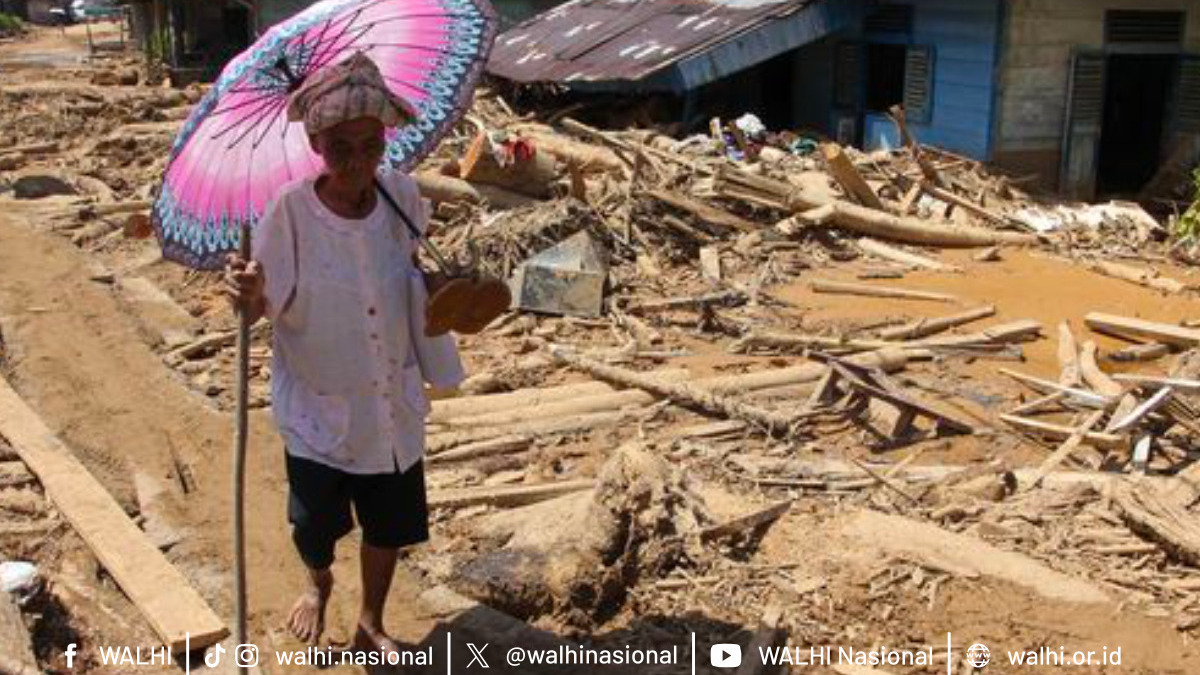Indonesia passes disputed criminal-procedure reforms as rights groups protest expanded coercive powers
Indonesia’s DPR ratified the revised KUHAP in a plenary session on 18 November, prompting protests from civil-society groups. Critics warn of weakened oversight and expanded police powers, while a viral YLBHI video has intensified public concern.

- Indonesia’s DPR approved the revised Criminal Procedure Code (KUHAP), triggering widespread public protest.
- Legal-aid groups, including YLBHI, warned that the law expands coercive policing powers and weakens judicial oversight.
- Demonstrators issued five formal demands, including the withdrawal of the draft and stronger transparency and review mechanisms.
Indonesia’s Parliament (DPR) approved the revised Criminal Procedure Code (KUHAP) in a plenary session on Tuesday (18 November), concluding a legislative process that had been criticised for its speed and opacity. The ratification marks a major shift in Indonesia’s criminal-procedure regime, last deeply revised in 1981.
Although government and parliamentary leaders framed the revision as necessary to align with the upcoming new penal code taking effect in January 2026, the legislative process drew sharp criticism.
Deputy Speaker Cucun Ahmad Syamsurizal had earlier announced the intention to finalise the bill before the end of the year.
Opponents — including students, legal aid organisations and human-rights groups — accused legislators of rushing through the draft with only two days to deliberate over more than a thousand issues in the Daftar Inventarisasi Masalah (DIM).
According to the YLBHI (Yayasan Bantuan Lembaga Hukum Indonesia), the drafting process constituted an “emergency warning” calling on the President to withdraw the bill and rebuild the revision from scratch.
Instagram reel goes viral, fuels public outrage
An Instagram reel has struck a chord across social media.
In the video, YLBHI uses powerful imagery and plain-language narration to warn that the revised KUHAP would grant the police “super power,” enabling investigators to act with minimal accountability.
The video frames the reform not just as a technical legal update, but as a threat to ordinary citizens: “everyone can become a suspect,” the narration warns, implying that the expanded powers could lead to abuse, wrongful detention, and surveillance of innocent people.
This message has resonated widely, being shared by human-rights advocates, students, and legal professionals.
YLBHI’s media team told reporters the reel was part of a broader advocacy strategy: to translate complex legal risks into messages that ordinary Indonesians can understand and mobilise around.
Protests intensify around Parliament
Protesters from universities and civil-society groups gathered outside the Indonesian Parliament as lawmakers moved to approve the revised Criminal Procedure Code (RUU KUHAP).
According to BeritaSatu, demonstrators argued that the bill threatens citizens’ rights by expanding law-enforcement powers without adequate oversight.
KontraS representative Andri Yunus said the draft should strengthen accountability but instead risks enabling abuse of authority. Protesters issued five core demands.
First, they urged President Prabowo Subianto to withdraw the KUHAP draft and halt its passage into law, arguing that the revision should prioritise strengthening the justice system rather than accommodating political interests.
Second, they called on the DPR to release the most recent version of the draft to the public, including all working-committee amendments and civil-society submissions, to ensure meaningful transparency.
Third, the coalition demanded stronger judicial oversight mechanisms within the bill. They argued that the current version weakens checks and balances and asked lawmakers to consider alternative proposals prepared by civil-society groups.
Fourth, protesters rejected the accelerated approval process, saying the government had used misleading justifications to rush the deliberation despite what they described as ongoing substantive flaws in the draft.
Finally, they sought a public apology from both the government and the DPR for statements they considered incorrect or misleading regarding public participation in the legislative process.
Student groups backed the civil-society coalition’s stance. The president of BEM Universitas Padjadjaran, Vincent Thomas, said student organisations agreed not to add demands beyond the coalition’s five points, emphasising a unified opposition to the bill.
What the revised KUHAP changes — and the corresponding concerns
The revised KUHAP includes 334 articles, significantly expanding the scope of procedural law.
Here are some of the major changes — and why they are drawing intense scrutiny:
-
Expanded investigator categories
The law recognises three kinds of investigators — police, civil servants (PPNS), and “special” investigators (e.g., from KPK or financial authorities).
Critics warn this centralises investigative power in the hands of police and weakens independent oversight. -
Electronic reporting
The draft allows crime reports to be submitted via telecommunication or government-owned electronic channels.
However, civil society argues the limitation to government media restricts accessibility and reduces transparency. -
Praperadilan (pretrial judicial review) expansion — with serious caveats
The law purports to extend praperadilan to include all coercive measures (detention, search, seizure).
But experts point out that only suspects, their families, or lawyers are allowed to file, and any coercive act already approved by a judge is exempt — severely limiting accountability. -
Greater coercive powers without prior court approval
The bill allows investigators to seize evidence in “urgent” situations without a judicial order.
But the draft does not clearly define “urgent,” raising red flags for rights advocates. YLBHI has emphasised in its statement and in the viral video that such broad power could be misused. -
Detention changes
Under the new law, suspects may be detained beyond 24 hours in certain cases, and the additional time may count as part of their official detention period.
Advocates worry that combined with limited praperadilan rights, this could lead to prolonged detention without meaningful review. -
Protections for victims and vulnerable groups
The draft strengthens rights for witnesses, victims, women, and people with disabilities, and introduces more robust restitution and rehabilitation mechanisms.
But legal-aid organisations caution that implementation remains uncertain and enforcement mechanisms remain weak. -
Restorative justice options
The law officially incorporates restorative justice to allow negotiation-based resolutions in some cases.
Critics warn that without strict criteria and oversight, restorative justice could be manipulated or pressured, particularly in cases involving unequal power dynamics. -
Modern digital justice system
The draft envisions an “integrated criminal justice information system” to link law-enforcement bodies, prosecutors, courts, and corrections.
However, civil-society groups raise data-privacy concerns and fear potential misuse of sensitive information.
DPR’s defence & continued resistance
Chairman of Commission III, Habiburokhman, has defended the process, arguing that public input was welcomed until the final vote.
He also reiterated previous invitations for YLBHI and other legal-aid groups to engage in formal hearings (RDPU) rather than protest outside.
But civil society remains unconvinced. YLBHI described the invitation to RDPU as too little, too late — noting that many of their substantive concerns were ignored even during those formal hearings.
Human-rights warnings
The National Human Rights Commission (Komnas HAM) submitted a formal assessment raising constitutional concerns, especially around expansive surveillance, weak judicial checks, and the potential for arbitrary detention.
Legal experts argue the vague language around coercive powers and limited praperadilan access may undermine fundamental rights in practice.


